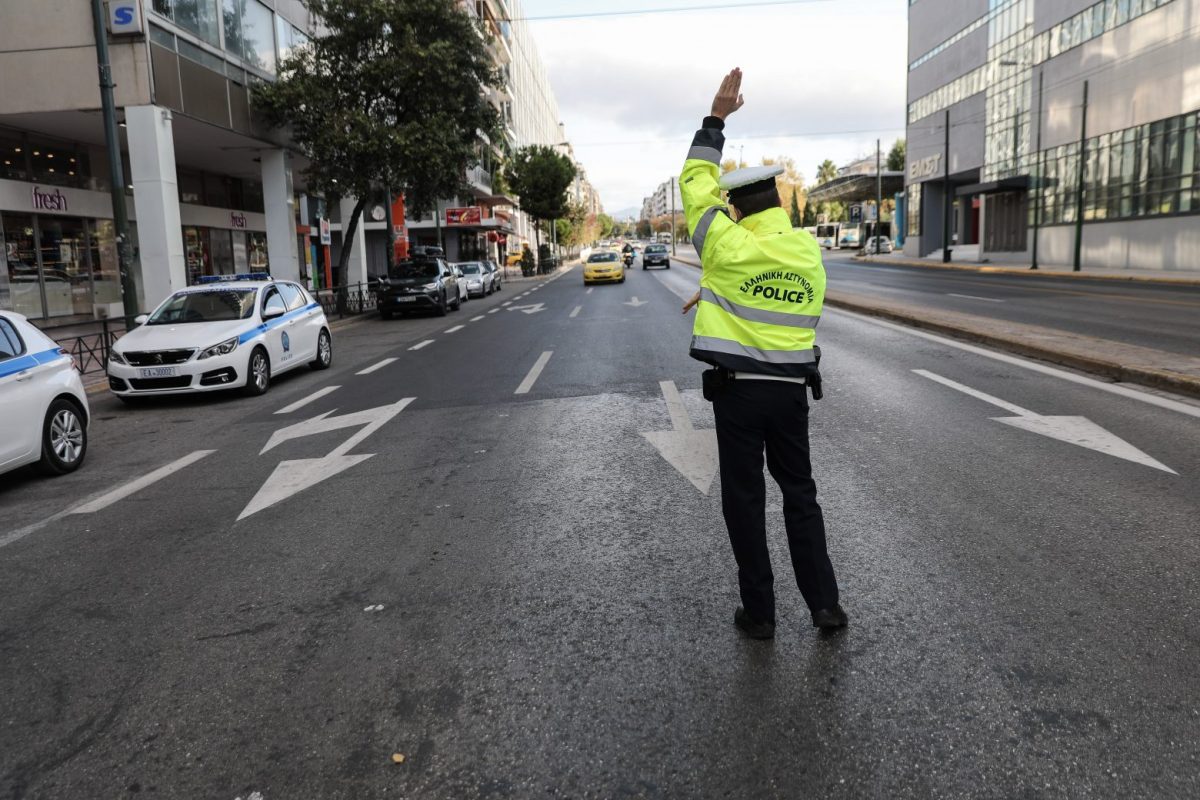An animal rights extremist whose name had been on the US’s most-wanted terrorist list since 2009 in connection with the bombing of a biotech company in California has been arrested in Britain, the FBI announced today.
Daniel Andreas San Diego was arrested yesterday Monday in Wales by British law enforcement authorities, in coordination with the FBI, the relevant announcement states. The 46-year-old is expected to be extradited to the US to stand trial.
He is accused of three bombings
San Diego is blamed for a bomb explosion at the biotech company Chiron Inc. near Oakland, Calif., in August 2003. A second bomb was defused by pyrotechnicians. Authorities had also charged him with planting a bomb at another California company a month later. No injuries were reported in those attacks.
The organization Revolutionary Cells claimed responsibility for the attacks via posts on an animal rights website, citing the companies’ alleged connection to Huntingdon Life Sciences (now a member of Inotiv) which activists have accused of animal testing .
FBI Director Christopher Wray said the arrest of Daniel Andreas San Diego proves that “no matter how long it takes, the FBI will find you and you will be held accountable.”
#FBI #Arrested #Britain #wanted #terrorists

**To what extent do you believe the San Diego case represents a larger trend of animal rights extremism, and what factors might contribute to the radicalization of individuals within this movement?**
## World Today News Exclusive: Animal Rights Extremism and the San Diego Case
**Introduction:**
Welcome to World Today News. Today we delve into the recent arrest of Daniel Andreas San Diego, a long-sought individual accused of bombings connected to animal rights activism. Joining us are two distinguished guests with valuable insights:
* **Dr. Emily Carter:** A prominent criminologist specializing in extremist movements.
* **Mr. Thomas Bennett:** A renowned animal rights activist and advocate for ethical treatment.
**Section 1: The Arrest and its Implications**
**Host:** Dr. Carter, the arrest of someone who’s been on the FBI’s most-wanted list for over a decade sends a powerful message. What are the wider implications of this capture for law enforcement and their approach to extremist groups, particularly those driven by animal rights issues?
**Dr. Carter:** This arrest undeniably showcases the persistence and reach of international law enforcement cooperation. However, it also highlights the complex nature of
extremist motivations rooted in deeply held beliefs. It underscores the need for agencies to understand the ideological foundations fueling these actions, not just focus on apprehension.
**Host:** Mr. Bennett, how does the animal rights community view this arrest, especially considering San Diego’s alleged connection to the bombings?
**Mr. Bennett:** The animal rights movement is overwhelmingly committed to non-violence. We condemn any act that endangers human life. While we understand the strong emotions surrounding animal exploitation, violence is never the answer. San Diego’s alleged actions do a disservice to the vast majority of activists who work tirelessly through peaceful means.
**Section 2: The Ethics of Animal Testing and Activism**
**Host:** Dr. Carter, the bombings were allegedly linked to companies connected to Huntingdon Life Sciences. How does the debate surrounding animal testing fuel extremist viewpoints, and what role does public opinion play in this?
**Dr. Carter:**
The ethical debate surrounding animal testing is incredibly potent. It often pits deeply ingrained values against
scientific progress and economic interests. While the vast majority of people support the humane treatment of animals, perspectives diverge on the necessity and ethics of animal testing itself. Extremist groups exploit this moral gray area, pushing individuals towards radical action.
**Host:** Mr. Bennett, how can the animal rights movement address concerns about extremism within its ranks while advocating for meaningful change in animal welfare practices?
**Mr. Bennett:** We must actively distance ourselves from violence and unequivocally condemn any actions that put lives at risk. We need to foster dialog and bridge the gap between those who support stricter animal welfare regulations and those involved in scientific research. Open communication and collaboration are key to finding humane solutions that benefit both animals and society.
**Section 3: Preventing Future Extremism**
**Host:** Dr. Carter, what steps can be taken to prevent future acts of extremism within the context of animal rights activism?
**Dr. Carter:** A multi-pronged approach is crucial. We need stricter monitoring of online platforms where extremist ideologies proliferate. Early intervention programs for individuals at risk of radicalization can be
effective. Equally important is engaging with root causes, addressing animal welfare concerns through constructive dialog and policy changes.
**Host:** Mr. Bennett, what message would you like to leave our viewers regarding the path forward for the animal rights movement?
**Mr. Bennett:** Our movement is built on compassion and the pursuit of a more humane world for all creatures.
Violence is counterproductive and undermines our core values. We must remain steadfast in our commitment to non-violence, build bridges with those who hold differing views, and continue to advocate for meaningful change through peaceful and ethical means.
**Conclusion:**
The San Diego case raises complex questions about extremism, animal welfare, and the balance between security and individual rights. This dialog highlights the need for continued reflection, understanding, and collaboration to find solutions that promote both animal welfare and social peace.
Thank you to Dr. Carter and Mr. Bennett for sharing their insights. We encourage our viewers to engage thoughtfully with these issues and continue the discussion.

